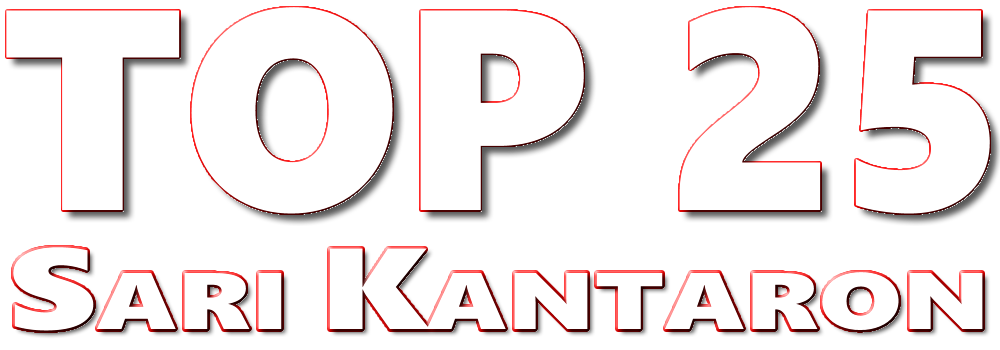
Home Remedies For Urinary Tract Infections In Children
A urinary tract
infection (UTI) in children is a fairly common condition. Bacteria that enter
the urethra are usually flushed out through urination.
Your child can
develop a UTI when bacteria enter the urinary tract and travel up the urethra
and into the body. The two types of UTIs most likely to affect children are
bladder infections and kidney infections.
When a UTI affects
the bladder, it’s called cystitis. When the infection travels from the bladder
to the kidneys, it’s called pyelonephritis. Both can be successfully treated
with antibiotics, but a kidney infection can lead to more serious health
complications if left untreated.
Causes of UTI in children
UTIs are most
commonly caused by bacteria, which may enter the urinary tract from the skin
around the anus or vagina. The most common cause of UTIs is E. coli, which
originates in the intestines. Most UTIs are caused when this type of bacteria
or other bacteria spread from the anus to the urethra
Symptoms of UTI in children
Infants and very
young children may not experience any symptoms. When they do occur in younger
children, symptoms can be very general. They may include:
-fever
-poor appetite
-vomiting
-diarrhea
-irritability
-overall feeling of illness
If your child has a
bladder infection, symptoms may include:
-blood in the urine
-cloudy urine
-foul-smelling urine
-pain, stinging, or burning with urination
-pressure or pain in the lower pelvis or lower back,
below the navel
-frequent urination
-waking from sleep to urinate
-feeling the need to urinate with minimal urine output
-urine accidents after the age of toilet training
If the infection has
traveled to the kidneys, the condition is more serious. Your child may experience more intense symptoms, such as:
-irritability
-chills with shaking
-high fever
-skin that’s flushed or warm
-nausea and vomiting
-side or back pain
-severe abdominal pain
-severe fatigue
Consult your doctor first, if you will use St. John's wort. If you have a serious throat inflammation condition, it is best to consult with a doctor for help. Some conditions might be warning signs of other illnesses that only a medical professional can accurately diagnose.
1- Bay Leaf Tea
Boil 1 liter of
chlorine-free water. Put 10 bay leaves and 7 cloves into it and brew for 20
minutes. Then strain and give your child 1⁄2 cup of this tea, 4-5 times daily on an empty stomach. Keep the remaining bay leaf tea in the
refrigerator.
2- St. John's Wort Oil
For children over 12 years old: Give your child a teaspoon
of St. John's wort oil, on an empty stomach two times daily.
The treatment period is
about 2 weeks.
Do not take St. John's Wort
-If you are allergic to any of the ingredients.
-If your skin is very sensitive to sunlight.
-If you are about to have an operation.
-Those who will apply this prescription absolutely should not use doctor prescription or herbal medicines.Do not take St. John's wort with any drugs. Because St. John’s Wort can reduce the effect of the drugs.
-Talk to your pharmacist or doctor before you buy this medicine to make sure it is suitable for you.
-They should stay away from smoking and alcohol during the treatment.
-Those who will use this prescription should have left antibiotics 3 days ago and cortisone medications 1 month ago.
-If you take St. John's wort in conjunction with other anti-depressants, your serotonin (i.e. brain chemical that anti-depressants target) levels may rise to an unsafe level. Symptoms of serotonin syndrome include tremor, diarrhea, muscle stiffness, decrease in body temperature, death, and extreme confusion.
-If you are allergic to any of the ingredients.
-If your skin is very sensitive to sunlight.
-If you are about to have an operation.
-Those who will apply this prescription absolutely should not use doctor prescription or herbal medicines.Do not take St. John's wort with any drugs. Because St. John’s Wort can reduce the effect of the drugs.
-Talk to your pharmacist or doctor before you buy this medicine to make sure it is suitable for you.
-They should stay away from smoking and alcohol during the treatment.
-Those who will use this prescription should have left antibiotics 3 days ago and cortisone medications 1 month ago.
-If you take St. John's wort in conjunction with other anti-depressants, your serotonin (i.e. brain chemical that anti-depressants target) levels may rise to an unsafe level. Symptoms of serotonin syndrome include tremor, diarrhea, muscle stiffness, decrease in body temperature, death, and extreme confusion.













0 Yorumlar